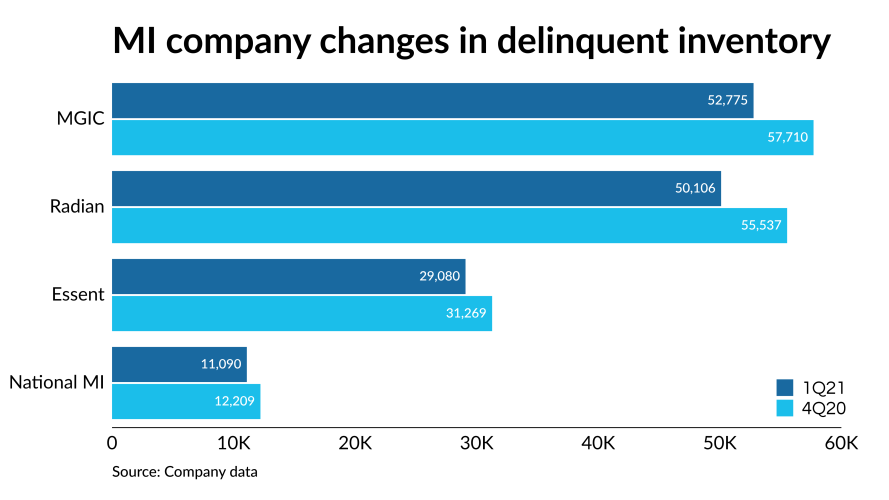A report from Moody’s Investors Service this week noted Toyota Motor Credit Corp. (TMCC) is returning to auto-lease securitization “after a long hiatus.”
How long? Toyota’s time away from the 144A auto-lease ABS market dates back to the Clinton administration.
According to ratings agency reports and filings with the Securities and Exchange Commission, the $1.19 billion Toyota Lease Owner Trust (TLOT) 2021-A (via JPMorgan Securities) is the first publicly rated since 1998 to exclusively pool auto-lease receivables serviced by Toyota’s U.S. captive finance arm.
TMCC, based in Plano, Tex., is one of the leading issuers of prime auto-loan securitizations. Over the past year its trusts have issued a market-leading $10 billion in bonds backed by new and used auto-loan contracts originated through U.S. Toyota dealers. TMCC has sponsored over 50 securitization trusts backed by retail installment sale contracts since 1993, according to ratings agency reports.
The TLOT 2021-A deal “is TMCC's first auto lease securitization on the TLOT platform. However, TMCC sponsored three auto lease securitizations in the past and provided more than 10 years of quarterly origination static pool performance data broken out by various segments,” stated S&P Global’s report.

Other lenders have included new Toyota and Lexus lease contracts in lease securitizations, most notably World Omni Corp., which serves as a regional finance company serving Toyota dealers in five Southeastern states. World Omni priced a $1.1 billion lease ABS deal in February.
Additionally, in 2014 TMCC
The deal comes on the heels of a huge new-car sales surge in the first quarter for U.S. Toyota dealers. According to Bloomberg, Toyota had a 22% surge in global auto sales in the first quarter, as customers flocked into showrooms for models like the Rav4 crossover and the popular Tacoma mid-size pickup truck.
In a February investor presentation, Toyota shared that for year-to-date fiscal 2021 it had sponsored $7.4 billion in public and 144A-registered asset-backed securities, along with $10.9 billion in private ABS deals that, in all. account for 41% of the $44.9 billion in global term-debt funding.
Moody’s and S&P Global have issued preliminary triple-A ratings to the three term-note tranches in TLOT 2021-A: a $395 million Class A-2 tranche due September 2023; $368 million in Class A-3 bonds due April 2024 and a $95 million Class A-4 offering due August 2025.
A $142 million Class A-1 money-market tranche carries a Moody’s P-1 rating and an S&P A-1+ rating — the highest short-term ratings for each.
The pool consists of 41,403 prime auto lease receivables, with contracts of 36 months or more making up 73.3% of the pool by securitization value. No leases have terms greater than 48 months.
Both S&P and Moody’s established low credit-loss expectations of 0.5% on the transaction.








